Elisabeth Engel
Group leader
Two IBEC projects granted by “Knowledge Industry Call” of the Catalan Government
A project led by Elisabeth Engel aimed to fabricate and test a dressing prototype for wound healing, and another project led by Javier Ramón with the goal of developing an artificial liver, have been granted by the Knowledge Industry Programme of the Catalan Government.
Dermoglass in the media
Elisabeth Engel from the Institute for Bioengineering of Catalonia (IBEC) and Professor at the Polytechnic University of Catalonia (UPC) appears in different media for the Dermoglass technology, the first project financed by the CaixaImpulse program to be licensed to a pharmaceutical company.
Dermoglass technology takes the leap into the pharmaceutical industry
Dermoglass becomes the first project funded by the CaixaImpulse program to be licensed to a pharmaceutical company, Laboratorios ERN. It is a new technology to tackle chronic ulcers developed by the research group “Biomaterials for Regenerative Therapies” led by Dr. Elisabeth Engel at the Institute for Bioengineering of Catalonia (IBEC), who is also Professor at Polytechnic University of Catalonia (UPC).
Two IBEC researchers receive a Beatriu de Pinós fellowship
Aurora Dols and Zaida Álvarez, researchers at the Institute for Bioengineering of Catalonia (IBEC), receive the prestigious fellowships Beatriu de Pinós, awarded by the Catalan Government for the incorporation of highly qualified postdoctoral researchers into the Catalan research system.
3D printed hydrogels for cancer immunotherapy T-cell growth
The new 3D hydrogels provide high rates of cell proliferation, as they mimic lymph nodes, where T-cells reproduce in vivo. A new project, led by researchers from ICMAB and IBEC, and with the collaboration of VHIO and UIC, wants to transfer this technology to hospitals.
Cancer immunotherapy is based on using and strengthening the patient’s own immune system to recognize and fight tumor cells, without damaging healthy tissues.
Elisabeth Engel at Santander Pioneros: it’s time to support science
 Three protagonists of the medical research field in Spain debated in a new edition of the “Pioneros Santander” forum, organized virtually by El País Retina. Elisabeth Engel, group leader of Biomaterials for regenerative therapies at IBEC, Rocío Arroyo, CEO of Amadix and Eduardo Jorgensen, of Medicsen, also CEO, agreed to celebrate the greatest interest in their work area, the intersection between science, technology and health, but at the same time they were cautious: there are no shortcuts in research, neither before Covid-19 nor after.
Three protagonists of the medical research field in Spain debated in a new edition of the “Pioneros Santander” forum, organized virtually by El País Retina. Elisabeth Engel, group leader of Biomaterials for regenerative therapies at IBEC, Rocío Arroyo, CEO of Amadix and Eduardo Jorgensen, of Medicsen, also CEO, agreed to celebrate the greatest interest in their work area, the intersection between science, technology and health, but at the same time they were cautious: there are no shortcuts in research, neither before Covid-19 nor after.
IBEC leads three new European projects
 Bioengineering is a core discipline for the medicine of the future, and Europe knows that. Proof of this is that the European Union (EU) has granted during the last months the coordination of three European projects to the Institute for Bioengineering of Catalonia (IBEC) to continue combining medicine, science and technology with the aim of improving people’s health.
Bioengineering is a core discipline for the medicine of the future, and Europe knows that. Proof of this is that the European Union (EU) has granted during the last months the coordination of three European projects to the Institute for Bioengineering of Catalonia (IBEC) to continue combining medicine, science and technology with the aim of improving people’s health.
The first one is the BRIGHTER project that is led by Professor Elena Martínez, the head of the ‘Biomimetic Systems for Cell Engineering’ group. The EU has contributed to this initiative that will be used by the consortium partners to develop an innovative high resolution 3D bioprinting technology able to fabricate 3D cell culture substrates which could be useful to produce artificial organs in the future.
Senior Researcher at the Biomaterials for Regenerative Therapies Group
Application Deadline: 27/05/2020
Ref: SR-EE
The Biomaterials for Regenerative Therapies group at the Institute for Bioengineering of Catalonia (IBEC) is looking for a Senior Researcher to work on the development of new platforms for skin regeneration. The contract will be within the framework of nAngioderm, an Euronanomed project, whose objective is to develop devices based on nanotechnology and drug delivery tools able to address the healing of acute and chronic wounds.
IBEC joins the BASE3D community to contribute to the future of 3D printing
 The Institute for Bioengineering of Catalonia (IBEC) will contribute its extensive experience in 3D printing and bioprinting to the BASE 3D community, an entity that brings together research centers and companies from all over Catalonia with the aim of promoting R+D+i in the field of printing 3D.
The Institute for Bioengineering of Catalonia (IBEC) will contribute its extensive experience in 3D printing and bioprinting to the BASE 3D community, an entity that brings together research centers and companies from all over Catalonia with the aim of promoting R+D+i in the field of printing 3D.
The groups led by Josep Samitier, Elisabeth Engel, Núria Montserrat and Javier Ramón at IBEC are joining the BASE3D project.

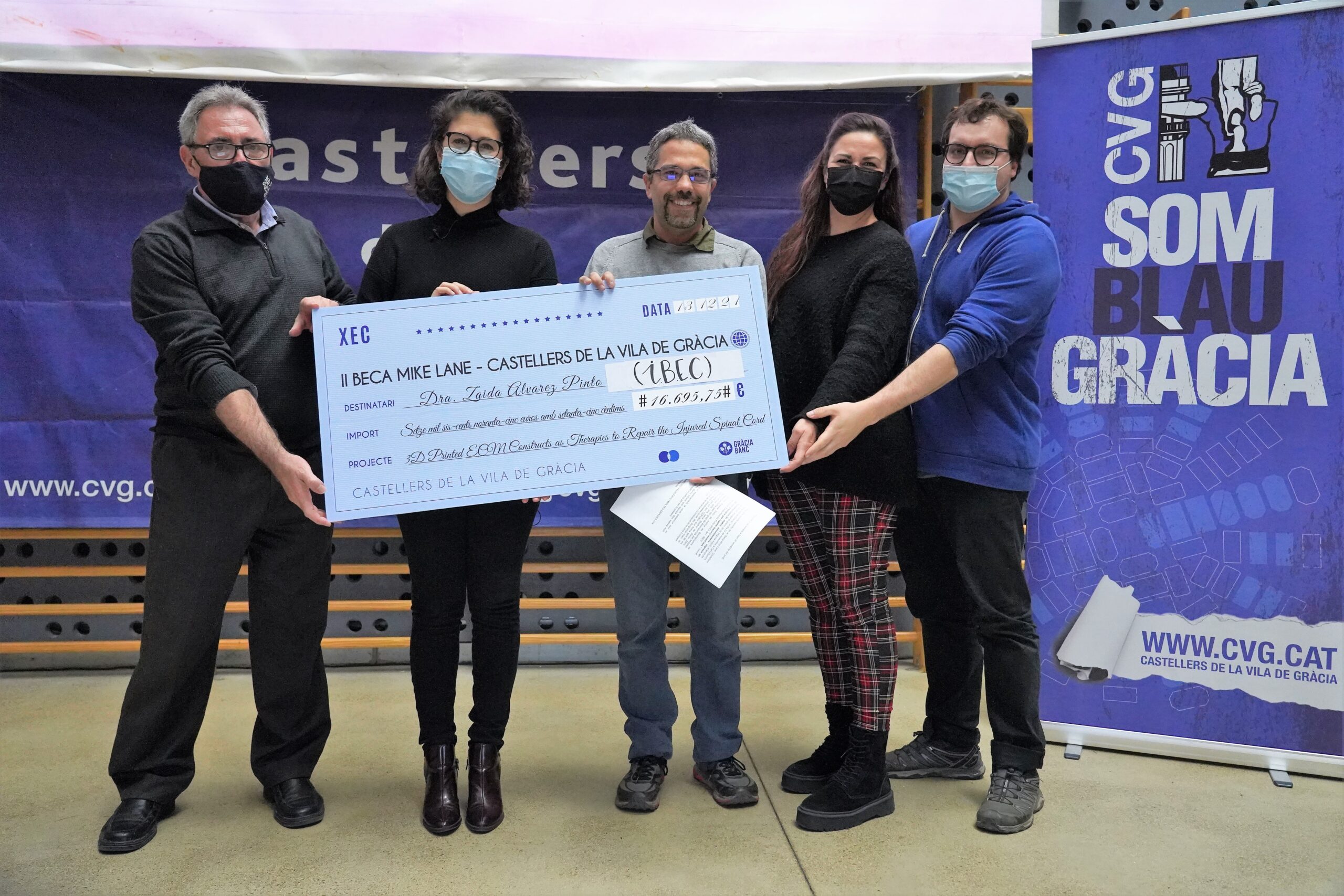
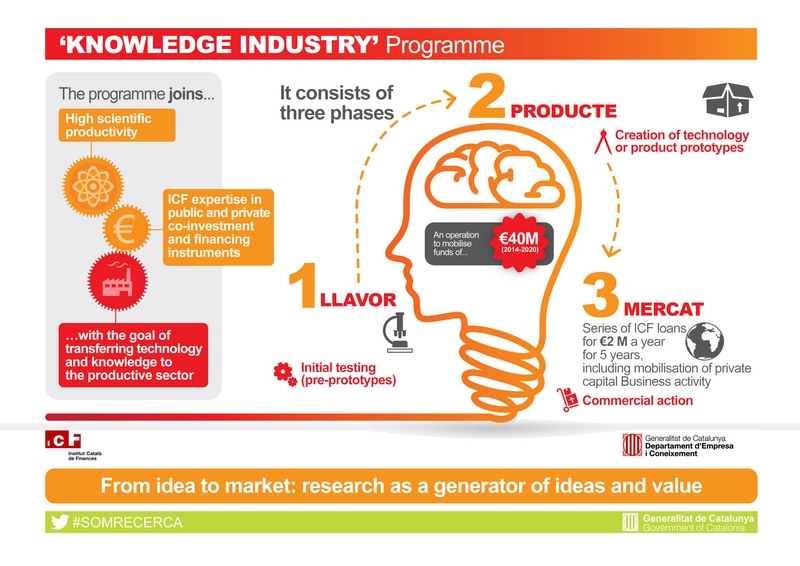
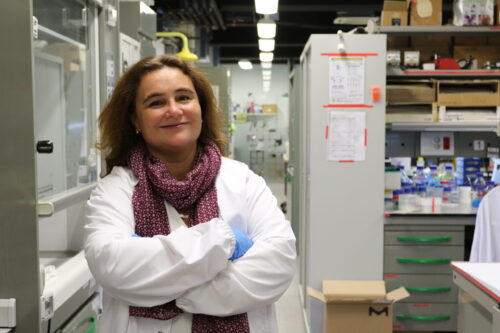
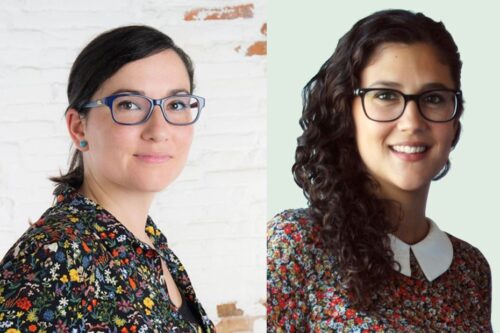
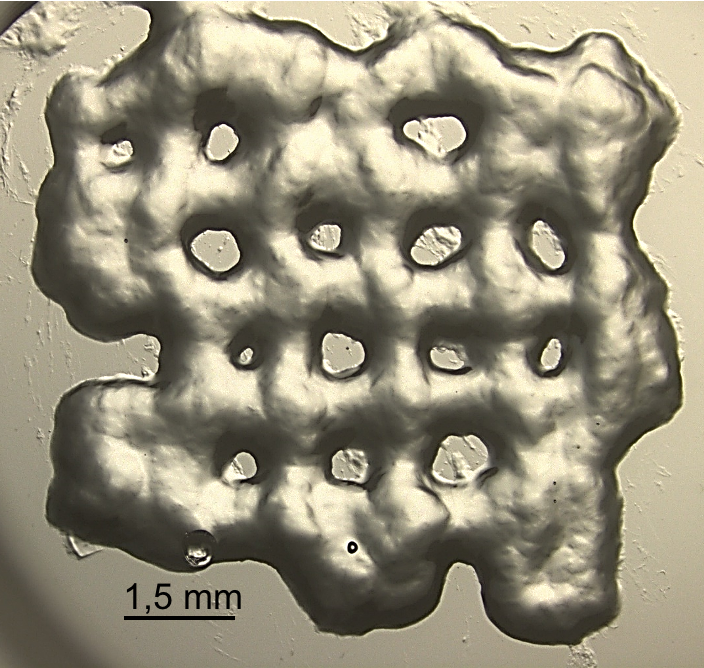
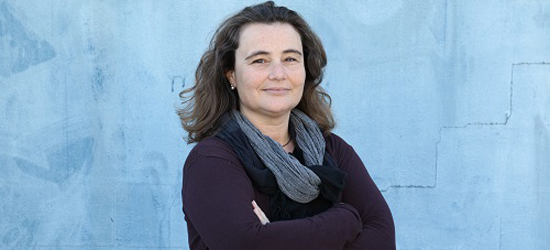
 Three protagonists of the medical research field in Spain debated in a new edition of the “Pioneros Santander” forum, organized virtually by El País Retina. Elisabeth Engel, group leader of Biomaterials for regenerative therapies at IBEC, Rocío Arroyo, CEO of Amadix and Eduardo Jorgensen, of Medicsen, also CEO, agreed to celebrate the greatest interest in their work area, the intersection between science, technology and health, but at the same time they were cautious: there are no shortcuts in research, neither before Covid-19 nor after.
Three protagonists of the medical research field in Spain debated in a new edition of the “Pioneros Santander” forum, organized virtually by El País Retina. Elisabeth Engel, group leader of Biomaterials for regenerative therapies at IBEC, Rocío Arroyo, CEO of Amadix and Eduardo Jorgensen, of Medicsen, also CEO, agreed to celebrate the greatest interest in their work area, the intersection between science, technology and health, but at the same time they were cautious: there are no shortcuts in research, neither before Covid-19 nor after.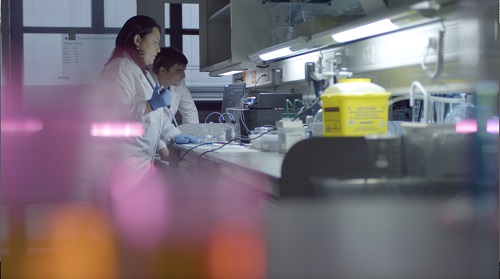
 Bioengineering is a core discipline for the medicine of the future, and Europe knows that. Proof of this is that the European Union (EU) has granted during the last months the coordination of three European projects to the Institute for Bioengineering of Catalonia (IBEC) to continue combining medicine, science and technology with the aim of improving people’s health.
Bioengineering is a core discipline for the medicine of the future, and Europe knows that. Proof of this is that the European Union (EU) has granted during the last months the coordination of three European projects to the Institute for Bioengineering of Catalonia (IBEC) to continue combining medicine, science and technology with the aim of improving people’s health. 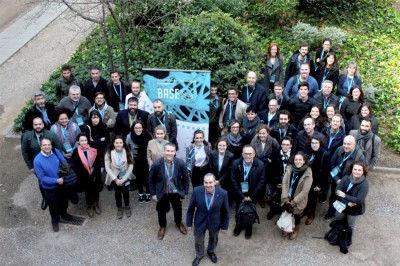
 The Institute for Bioengineering of Catalonia (IBEC) will contribute its extensive experience in 3D printing and bioprinting to the BASE 3D community, an entity that brings together research centers and companies from all over Catalonia with the aim of promoting R+D+i in the field of printing 3D.
The Institute for Bioengineering of Catalonia (IBEC) will contribute its extensive experience in 3D printing and bioprinting to the BASE 3D community, an entity that brings together research centers and companies from all over Catalonia with the aim of promoting R+D+i in the field of printing 3D.